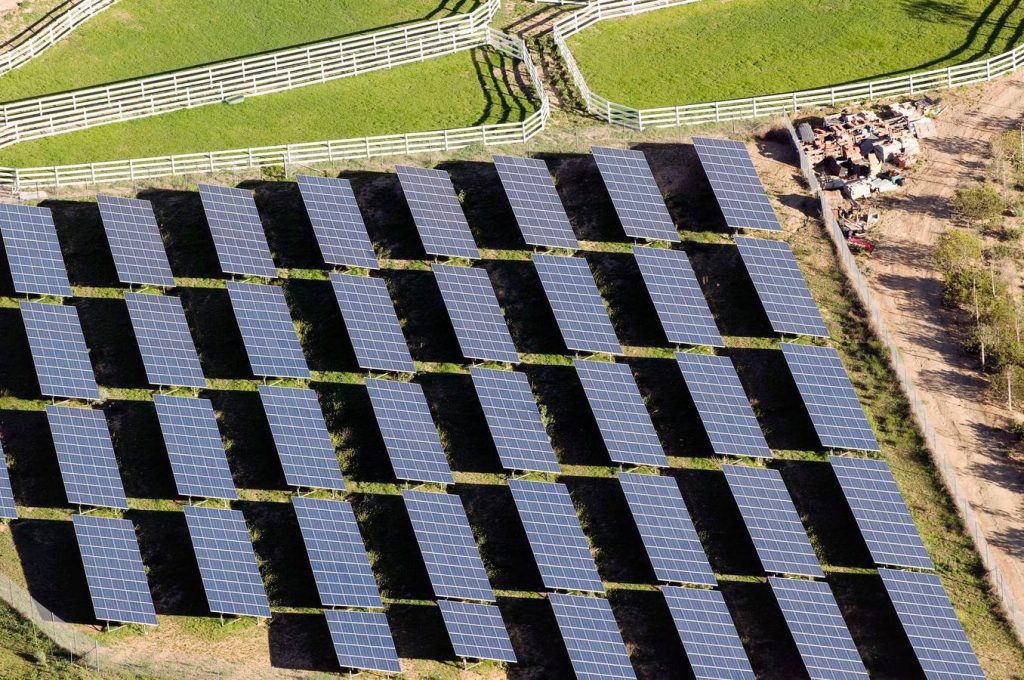The U.S. Department of Energy’s Office of Energy Justice and Equity and the U.S. Department of the Treasury are currently accepting applications for the 2024 Program Year of the Low-Income Communities Bonus Credit Program. This initiative aims to promote cost-saving clean energy investments in low-income communities, ultimately supporting economic revitalization. Under the program, a bonus credit provides a 10 or 20-percentage point increase to the investment tax credit for qualified solar and wind energy facilities located in low-income communities or on Indian land.
Established under the Internal Revenue Service (IRS) code through the Inflation Reduction Act, the Low-Income Communities Bonus Credit Program prioritizes increased access to renewable energy facilities and offers substantial benefits for adopting clean energy. Eligible entities include those located in low-income communities, on Indian land, part of a qualified low-income residential building project, or a qualified low-income economic benefit project. The DOE will review applications and make recommendations to the IRS on who should receive the credit. The 30-day application submission window opened on May 28, 2024, and will close on June 27, with applications accepted on a rolling basis thereafter.
With the transition to a clean energy economy becoming increasingly crucial, it is essential that underserved communities and Main Streets have the resources to make this shift as well. The Low-Income Communities Bonus Credit Program aims to assist in covering the costs associated with transitioning to clean energy, and energy providers and businesses in these areas are encouraged to explore applying for the credit. By providing incentives and support for clean energy investments in low-income communities, the program can help drive economic development and job creation while combating climate change.
In addition to benefiting the environment, leveraging renewable energy sources in low-income communities can also lead to lower energy costs for residents and businesses, ultimately improving quality of life and promoting sustainable growth. By increasing access to solar and wind energy facilities through the bonus credit program, more low-income households can take advantage of clean energy solutions and reduce their carbon footprint. This not only benefits the individuals and communities directly involved but also contributes to the larger goal of transitioning to a more sustainable and equitable energy system nationwide.
As the application window for the 2024 Program Year of the Low-Income Communities Bonus Credit Program remains open, interested parties are encouraged to explore the program’s application portal to learn more about eligibility requirements and how to apply. By taking advantage of the bonus credit offered for clean energy investments in low-income communities, energy providers and businesses can play a vital role in advancing environmental justice, economic revitalization, and sustainable development. With the support of programs like this, underserved communities can participate in and benefit from the transition to a clean energy future, ensuring that no one is left behind in the shift towards a more sustainable and equitable society.












